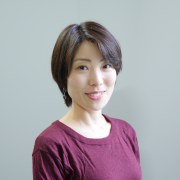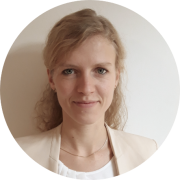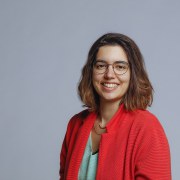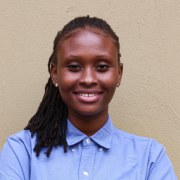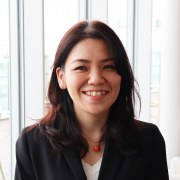Museum evolution: from a researcher's perspective
Many museums experienced developing activities to engage researchers. What about from a researcher’s perspective?
Four presentations focus on 1) the importance of realising that researchers understand and communicate what they have learned from their experiences from cases outside the museum industry, 2) what has been noticed in working with a museum when dealing with "wicked problems" seen from a researcher perspective, 3) the importance of communicating with society, from the museum's perspective, through case studies involving researchers, and 4) the perspective of a museum valued for its collaboration with researchers.
While considering perspectives from researchers and museums, we will promote understanding of each other's position. We will then discuss how museums can be more aware of how to attract researchers for projects. By clarifying the positioning and connections of each presentation, all participants can actively be involved with each specific approach.
Outcomes: what will participants get from this session? Skills, knowledge, experience etc.
We will provide knowledge from researchers’ perspectives to broaden museums approaches, with practical applications from case studies that provide a foundation for action.
Facilitator
Deputy Manager of Office of Science Communication
Miraikan - The National Museum of Emerging Science and Innovation
Session speakers
Fabienne focuses on two main aims of the Munich Science Communication Lab (MSCL): To foster dialogue between science and society on “wicked problems” that offer no clear solution, and to build science communication models that convey the complexity and uncertainty of such, while offering engagement and action. It shows how MSCL engages researchers to use the Science Communication Lab of the Deutsches Museum as a space to engage the public in the field of planetary health by testing new formats.
Co-Founder, Co-Director & Postdoctoral Fellow
CIDTFF - Research Centre on Didactics and Technology in the Education of Trainers, Department of Psychology and Education, University of Aveiro; Cartas com Ciência
Norina and Mariana will share the example of how Cartas com Ciência tries to embed researchers in equity work for their educational programmes of letter exchanges in 4 continents. They will share impressions on how their activities, including the compulsory training scientists do in order to be eligible to participate in their programmes, aim to support inclusive role models and challenge narratives and stereotypes.
San Francisco
United States
Norina and Mariana will share the example of how Cartas com Ciência tries to embed researchers in equity work for their educational programmes of letter exchanges in 4 continents. They will share impressions on how their activities, including the compulsory training scientists do in order to be eligible to participate in their programmes, aim to support inclusive role models and challenge narratives and stereotypes.
Office of Science Communication
With the importance of ELSI (Ethical, Legal and Social Issues) and RRI (Responsible Research and Innovation) being addressed, what role can science museums play?
Chisa will introduce various activities that have done with research projects (life science, chemistry, robotics, information science, etc.) of labs within Miraikan. Through these case studies, the potential of the science museum as a partner that can connect researchers and society and together, can create a future will be shown.
National Science Museum of Korea
The role of museums to bridge the public and researchers as a platform for systematic scientific communication is important. In order to realise a researcher-friendly museum, Jihye shares the analysed data from the International Symposium, such as the subject and object of communication, the interrelationship between them, themes, and the elements necessary for development.

